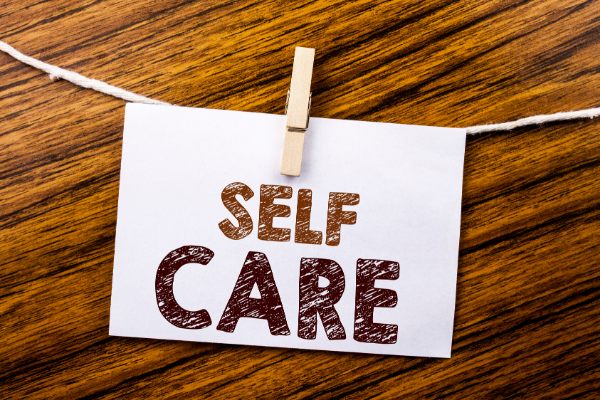What is something I can do every day to support my mental health?
There are many small habits we can implement in our daily routine to enhance our well-being. According to research and various schools of therapeutic thought, change is sometimes best established when we adopt small, positive, and measurable functions over a given period of time.
Practicing self-care is instrumental to mental health - it should never be misconstrued as a selfish pastime. By focusing on your own well-being, you will be able to be truly present for your loved ones.
Connecting with others who support you and bring positivity into your life is beneficial. Connecting with the community and helping others can increase your happiness and satisfaction while reducing feelings of loneliness or isolation.
It’s important to take good care of your body. Sleep is directly correlated to your mental health. Make it a priority in your life by creating a healthy sleep environment and healthy bedtime habits. Physical activity improves sleep, memory, and many of the common men’s mental health issues (stress, depression, anxiety, social anxiety) and is an effective means of anger management.
Adopting relaxation skills and mindfulness have shown to increase our resilience during ambiguous times and assist with cultivating optimism. Remember, we are all a work in progress - we all make mistakes, we learn from them, and we grow. It’s important to avoid self-criticism and to offer yourself the same kindness and compassion you would offer to your family and friends.
GO OUTSIDE.
The sun gives us nutrients that our bodies can’t produce on their own (most of us are deficient in sunshine-given Vitamin D).
Being in nature (even if that just means seeing a tree or some grass) reconnects you to the calming energy of the earth (extra points for health if you are able to get barefoot in some grass!) and the fresh oxygen puts you at ease.
Additionally, if you get outside for a walk, a jog, a bike ride, or even for a sit, you are much more likely to see another human being who you can wave at and smile, providing the crucial human connection that is much harder to come by these days.
Social isolation is one of the main challenges for our mental health during a quarantine. Getting outside opens up a greater possibility of encountering other human beings, which is what we need most nowadays (even if you think you’d rather see no one). Humans are mammals and mammals are social beings. We need each other. Get outside, get some sun, breathe some fresh air, and smile at someone.


